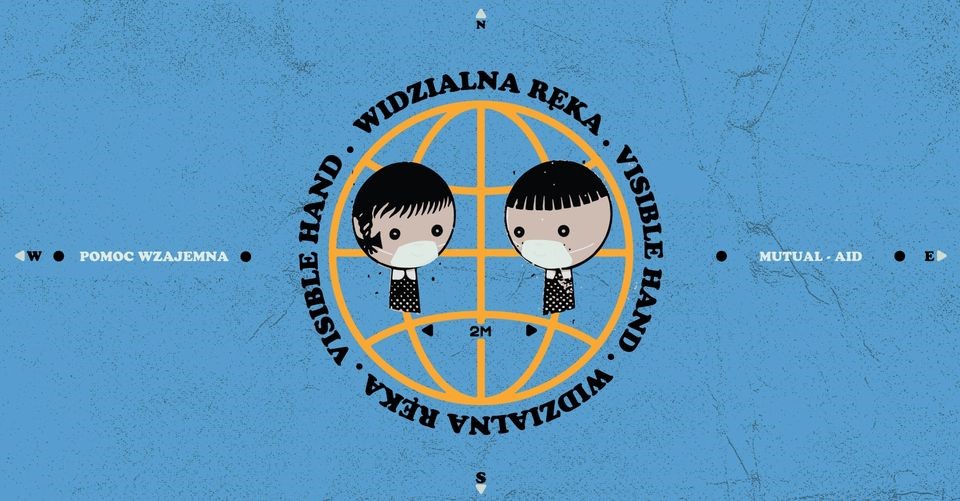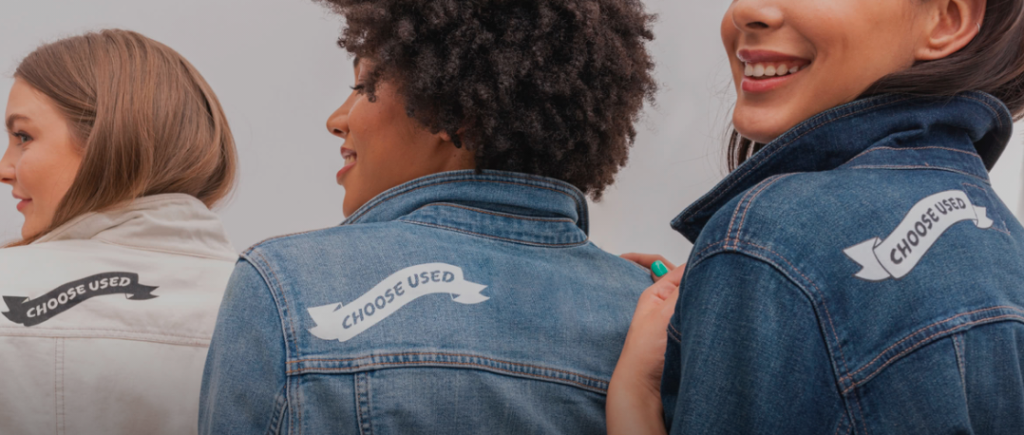One year has passed since the introduction of the epidemic emergency in Poland. It happened exactly on March 13, 2020, and the year 2020 has gone down in history as the one everyone would like to forget.
For the first time in 10 years, YouTube dropped its annual recap of the videos and music videos that users watched the most. YouTube Rewind commented on the cancellation by saying “2020 is certainly different than previous years. It has surprised everyone, but unfortunately – not positively”.

After a year since Poles began to anticipate what 2020 might be like for them, can we summarize this time only as “not positive”? Or perhaps, along with the hard times, there has also been room for change, which we would not have made in such a short time, under different circumstances?
While we need to keep our distance, the sense of community has never been stronger
From Facebook’s survey of groups conducted in the middle of last year, we learn that 77% of people surveyed say the most important group they belong to is now online. Facebook also says that digital communities have become a primary support tool for many users:
“91% of respondents said they provided some form of support to others through their preferred group/community during the COVID-19 pandemic, whether it was helping local residents buy groceries during the lockdown, sharing important information from health authorities or providing funding, supporting a local business”.
In addition, Facebook reports that 86% of respondents received some form of support and 49% received emotional support from groups during the pandemic. In Poland, there are many grassroots initiatives that have developed thanks to the communities built in Facebook groups. The following two, in my opinion, are particularly noteworthy.
Pies w koronie [Dog in a Crown]
Exactly one day after the declaration of an epidemic emergency (3/14/2020), a group was started with the aim of helping the owners of four-legged friends and the dogs themselves to walk while their guardians remained under quarantine. The group currently has nearly 100,000 members and connects volunteers with people, or rather their pets, in need of support. All based on free access to the Facebook group, no complicated ways to register, no contact required.

Widzialna ręka [The Visible Hand]
On March 11, 2020, two people wanting to set up a support group for their friends who were quarantined. They set up the Visible Hand, which in just a week turned into a nationwide campaign, has over 150 local groups, and is even beginning to extend beyond Poland’s borders. It was all about providing emotional support to each other and solving practical problems, e.g. from help with everyday shopping or getting around town, through offers of joint education such as tutoring or learning foreign languages, to free psychological counselling. The main group currently has 106 thousand members.

We save (not only money, but also the environment) by buying
According to the thredUp Report, the total second-hand market is now USD 28 billion and is expected to reach USD 64 billion in 5 years. Resale has grown 25 times faster than retail sales in 2019, and as many as 70% of consumers are open to buying second hand.

During the pandemic, apps such as Vinted, Less_, and threadUP began to make waves, encouraging consumers to “monetize” items they already own. People quickly realized that they could monetize the free time they were spending at home during the lockdown.
These actions – the change in consumer attitudes during the pandemic and the resulting increase in app popularity – also have a huge impact on the environment and the reduction of textile waste. After all, not all waste is recyclable, and even if it is, it’s a trace amount. By putting clothes back into circulation, we have contributed to reducing the negative impact on the environment.
The emergence of resale apps and their popularity during the pandemic has forced fashion giants to take more responsible action. Note that some have responded to the waste less trend quite quickly – Zalando in February launched Zalando Pre-owned, which had existed on the platform for some time, but was not as widely communicated.
Let’s hope that this trend will also become a habit.
One could say that these are only two actions – support given on groups, increase in popularity of the reuse category – out of many that have developed during the year and that in principle there is nothing extraordinary in them, but treating them with such lightness could have great consequences for brands and their image.
Responsibility,both social and environmental, has become essential to the actions taken as we have become more sensitive to what brands we would like to identify with. Additionally, consumers are looking for positive things that they can control at a time when restrictions are imposed on them. Fortunately, and brands are increasingly offering their tools and resources to facilitate interactions between action initiators and the community.
My hope is that as we wrap up 2021, we’ll be able to talk about the continuation of initiatives that worked well in 2020 and the emergence of new ones that fit perfectly with the needs of society and business.
Source:
https://www.facebook.com/community/whats-new/facebook-communities-insights-survey/
Dog in a Crown – support group https://www.facebook.com/groups/654422091958462
Visible Hand https://www.facebook.com/groups/widzialnareka/
GlobalWebIndex, Coronavirus Research | May 2020 Multi-market research wave 4
https://www.thredup.com/resale/#resale-growth


